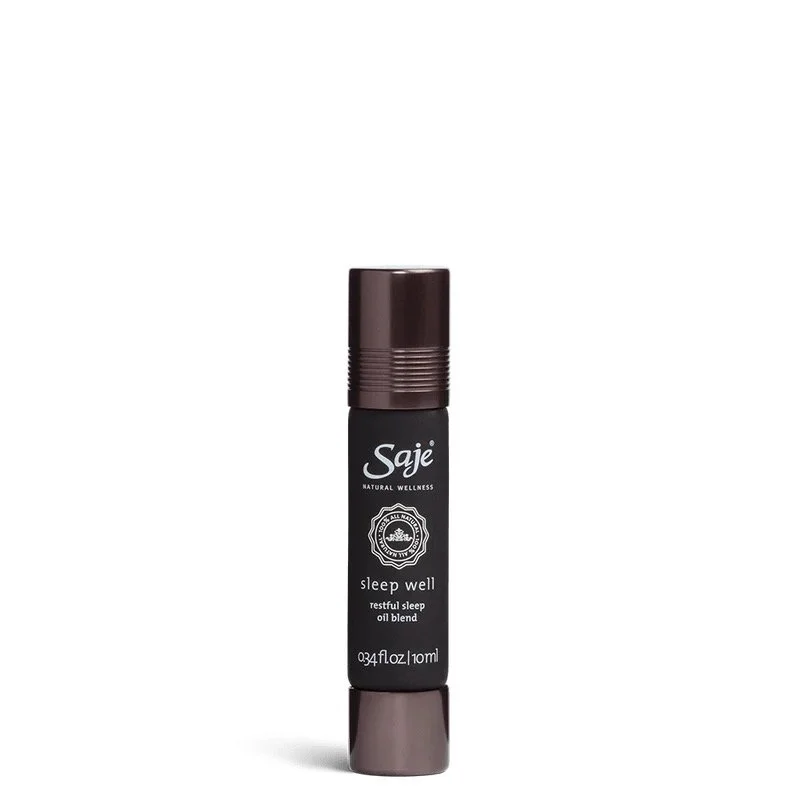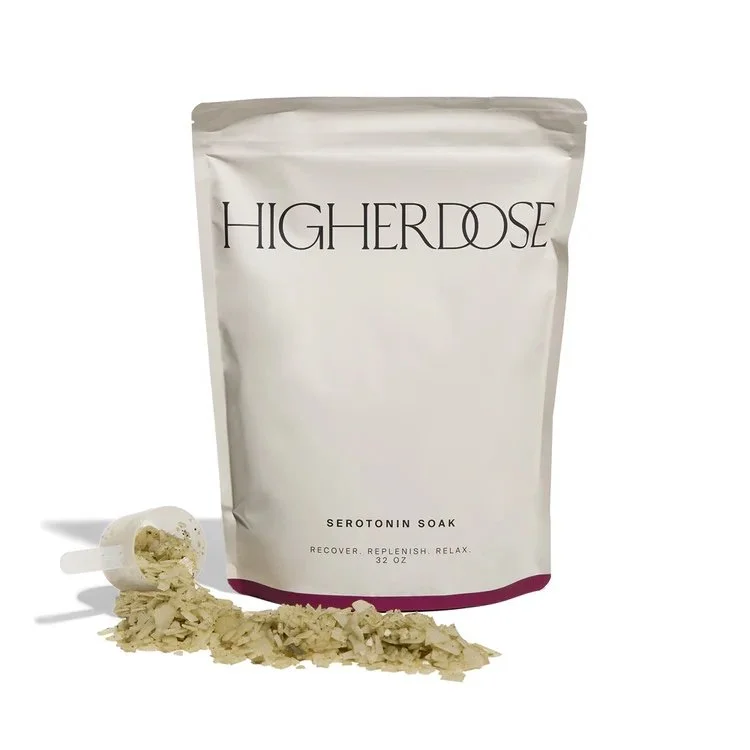5 Essential Wellness Tips for a Balanced Life
Achieving a balanced life requires a holistic approach that integrates physical health, mental well-being, emotional stability, social connections, and spiritual fulfillment. Below, we delve into five essential wellness tips to help you find equilibrium in your daily life, supported by recent studies and practical strategies.
Prioritize Physical Health
Physical health forms the cornerstone of overall wellness. Regular exercise is paramount; the CDC recommends at least 150 minutes of moderate aerobic activity or 75 minutes of vigorous activity per week. A balanced exercise regimen should include cardiovascular activities like running or cycling, strength training such as weight lifting or resistance exercises, and flexibility workouts like yoga or stretching. Consistent physical activity not only improves cardiovascular health but also boosts mood and energy levels.
Diet plays a crucial role in maintaining physical health. A balanced diet rich in whole, nutrient-dense foods is essential. Incorporate a variety of fruits and vegetables, lean proteins like tempeh and legumes, whole grains such as quinoa and brown rice, and healthy fats from sources like avocados and nuts. The Mediterranean diet, renowned for its health benefits, is a great model to follow. This diet has been shown to reduce the risk of chronic diseases and improve longevity, according to research from the Harvard T.H. Chan School of Public Health.
Adequate sleep is another vital component of physical health. Aim for 7-9 hours of quality sleep each night. Establishing a bedtime routine can help, such as winding down with a book or a warm bath. Maintaining a consistent sleep schedule, even on weekends, and creating a sleep-conducive environment by reducing noise and light will improve sleep quality. Quality sleep is linked to better cognitive function, mood regulation, and overall physical health.
Shop The Wellness Edit
Cultivate Mental Well-being
Mental well-being is essential for a balanced life. One effective strategy is mindfulness meditation. Practicing mindfulness for at least 10 minutes a day can significantly reduce stress and improve focus. Apps like Headspace and Calm offer guided meditations to help you get started. Or listen to our vary own Guided Meditation on It’s Natural Podcast. Regular mindfulness practice has been shown to enhance emotional regulation and decrease symptoms of anxiety and depression, according to a study in JAMA Internal Medicine.
Mental stimulation is equally important. Engaging in activities that challenge your brain, such as reading, solving puzzles, or learning a new skill are all Valuable in supporting brain activity. Lifelong learning is associated with a lower risk of cognitive decline, as noted in research published in The Lancet. Consider taking up a new hobby, enrolling in a course, or regularly participating in intellectually stimulating activities to keep your mind sharp.
In today’s digital age, a digital detox can greatly benefit mental well-being. Excessive screen time, particularly on social media, can increase stress and reduce mental clarity. Set boundaries by designating tech-free times, such as during meals or before bed, to disconnect and recharge. This practice can improve focus, reduce anxiety, and enhance overall mental clarity.
Foster Emotional Stability
Emotional stability is often overlooked in The conversation concerning overall wellness. Start by practicing emotional awareness. Spend time each day identifying and acknowledging your emotions. Journaling can be a helpful tool for processing and understanding your feelings. Writing down your thoughts and emotions allows you to reflect on your experiences and gain insights into your emotional patterns.
Developing healthy coping mechanisms is also crucial. When faced with stress, engage in positive activities like exercise, creative pursuits, or talking to a trusted friend. Exercise, in particular, has been shown to release endorphins, which can elevate mood and reduce stress. Creative activities such as painting, writing, or playing music can serve as therapeutic outlets for emotional expression while Simultaneously providing the Cognitive Stimulation our brains need .
Seeking professional help when needed is important. Therapy or counseling can provide valuable support and guidance. Online platforms like BetterHelp and Talkspace have made accessing mental health services more convenient from the comfort of your home. Professional therapists can help you develop coping strategies, improve emotional regulation, understand emotional patterns, and work through challenging emotions.
Build Strong Social Connections
Strong social connections are integral to a balanced life. Focus on building deep, meaningful relationships rather than having a large number of superficial connections. Invest time and effort in relationships that matter to you. Regularly check in with friends and family, share experiences, and offer support.
Active listening is a powerful tool for strengthening relationships. When conversing, practice active listening by fully focusing on the speaker, showing empathy, and validating their feelings. This approach fosters deeper connections and enhances mutual understanding. Asking questions and staying curious in the conversation adds an opportunity that also allows you to go deeper in the conversation and understand the person more fully.
Involvement in community activities can also help build a robust social network. Join clubs, volunteer, or participate in community events to meet new people and foster a sense of belonging. According to a study published in PLOS Medicine, strong social connections can increase longevity and improve overall health. Building a supportive community can provide emotional support, reduce feelings of isolation, and enhance your sense of purpose.
Shop The Wellness Edit
Nurture Spiritual Fulfillment
Spiritual fulfillment contributes significantly to overall wellness. Personal reflection is a key practice. Set aside time for self-discovery and introspection. Whether through journaling, prayer, or meditation, connecting with your inner self can provide clarity and peace. Journaling, in particular, allows you to explore your thoughts and emotions, set intentions, and reflect on your personal growth.
Finding purpose and meaning in life is essential for spiritual fulfillment. Engage in activities that give your life purpose, whether through your career, hobbies, or helping others. Volunteering, mentoring, or participating in causes you care about can provide a profound sense of fulfillment and connection.
Spending time in nature is another effective way to nurture your spirit. Activities like hiking, gardening, or simply walking in a park can rejuvenate your spirit and enhance your sense of well-being. Research published in Frontiers in Psychology indicates that spending time in nature can reduce stress and improve overall well-being. Nature’s calming effect can help you reconnect with yourself and the world around you.
Balancing your life involves a comprehensive approach to wellness, addressing physical health, mental well-being, emotional stability, social connections, and spiritual fulfillment. By incorporating these detailed tips and strategies, you can create a harmonious and fulfilling lifestyle. Remember, small, consistent steps lead to lasting change. Embrace the journey to a balanced life, and stay well.










